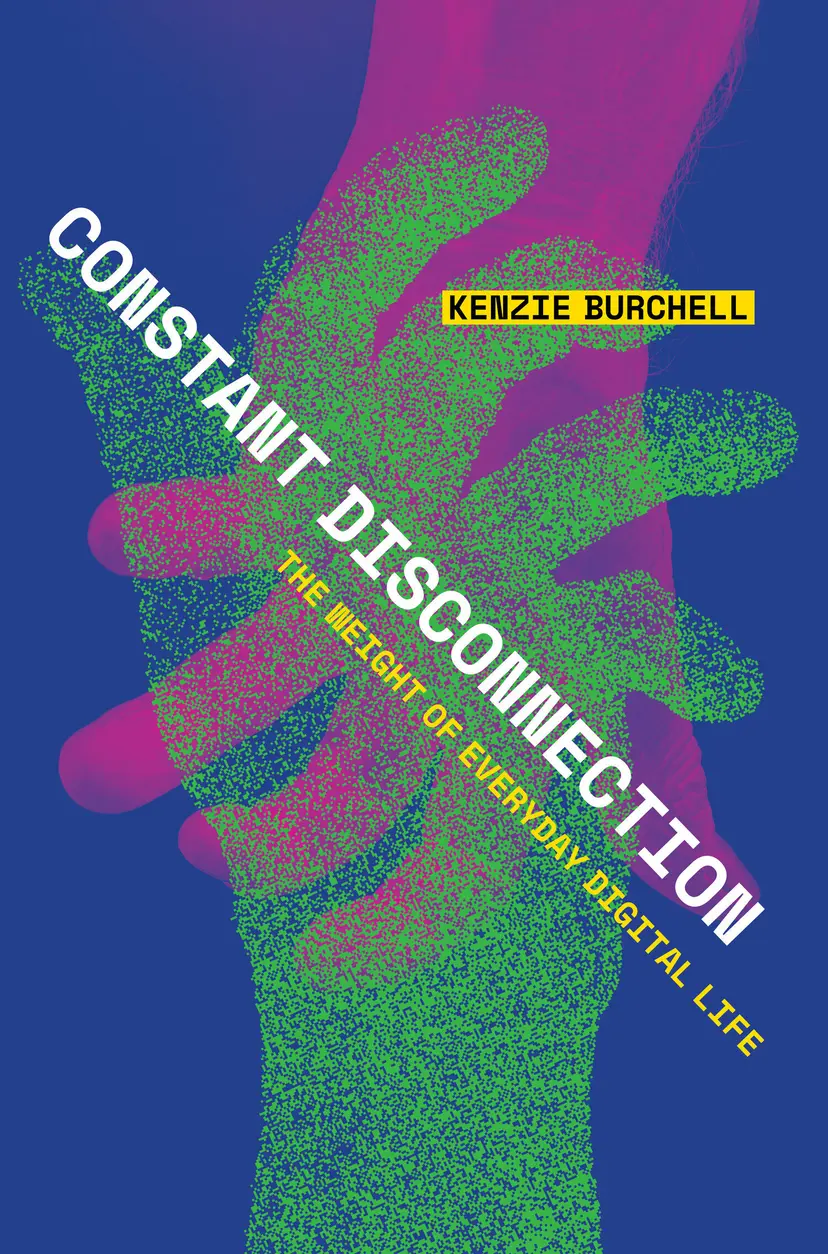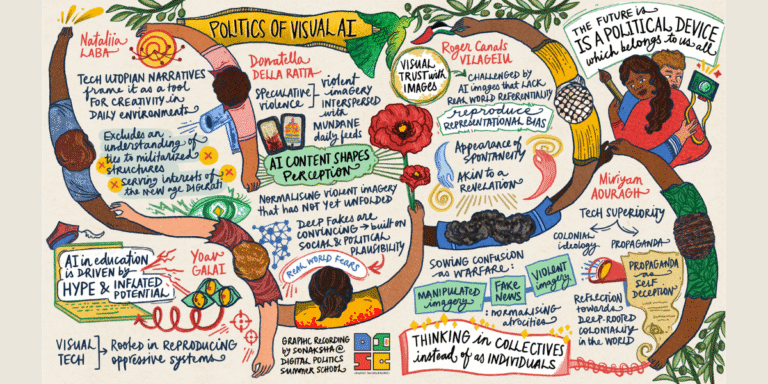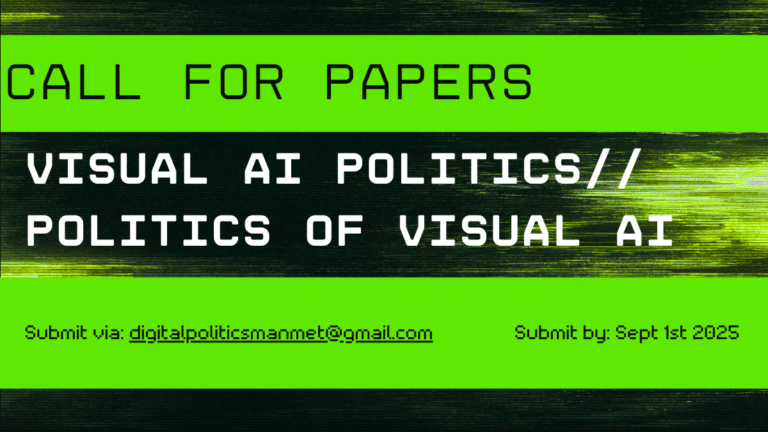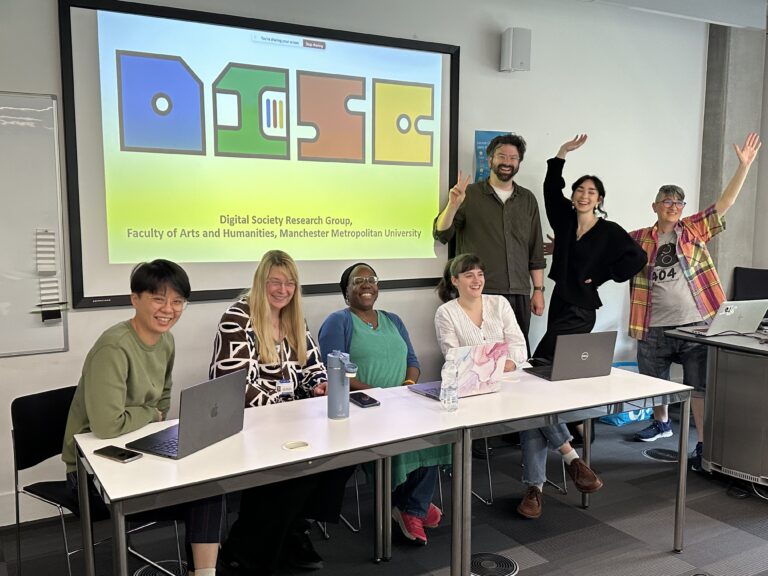New Book! Constant Disconnection The Weight of Everyday Digital Life by Kenzie Burchell

Have you ever wondered if the so called digital era is pulling us together or forcing us apart? Kenzie Burchell investigates these contradictions to reveal the truth of how digital lives shape our connections to each other.
Burchell begins by noting how inescapable digital connection has become essential to the practice of social change. This digital connection serves to inform us of the actuality of our reality, the depths of change that are needed and how this is interpersonally constructed. Burchell intends to investigate this through the lens of a phenomenological exploration of early career adults going about their everyday lives. He sets the scene for this by first conceptualising social change in terms of revolution. This change is less so about a complete overturn of the current system but more so a return to some form of socio-economic stability but with little political shift. In this neoliberal age, we as people no longer function as that- Burchell notes how we are hyper individualised beyond colleagues, neighbours or friends but to media user, as supported by the societal dependence on technology. This use of technology is so deeply engrained within our daily lives that it is intended to be impossible to function without.
This inescapability of naturalised technology is amplified by a further contradiction, young people joining the workforce must walk a precarious tightrope of balancing digital engagement. Their economic instability as such contributes to whether they must play by the capitalist rules to garner career opportunities or to digitally disengage and forgo building digital connections that would else benefit them until their next job opportunity arises. Due to this, Burchell sets out an impressive intended experience for readers to: collectivise and call for a renegotiation in digital engagement and disengagement; see the politicised nature of work related communications; recognise the disconnect between needs for socialisation and actuality of communication; acknowledge the economic insecurity as beginning long before the Covid-19 pandemic or Great recession and rejoice in the knowledge that we as individuals are already seeking ways to overcome this confusion in how to digitally connect in a meaningful way.
While the constructed polarity between individual and industry may seek to further drive a lack of digital boundaries and to alienate us from forming connections through complete user disengagement, it is possible for us to mediate this process in a way that transcends the binary nature of this construction. Our nature as humans to seek out connection overrides the limitations these contradictions place on us as by collectivising we can challenge the social disconnection. He continues that while the affordances of social media platforms seek to control the way we digitally connect; they are still possible to be used for politically expressive acts. Deciding between platforms and how to communicate to others is an expressive act and while the connection may be fleeting, it is apparent nonetheless.
This book is a must read for those interested in how digitality shapes connection and the ways in which digital engagement or disengagement is constructed.
Kenzie Burchell is coming to MMU in May to talk about his book, in conversation with Adi Kuntsman, the author of Paradoxes of Digital Disengagement : In Search of the Opt Out Button (with Esperanza Miyake, Westminster University Press).



